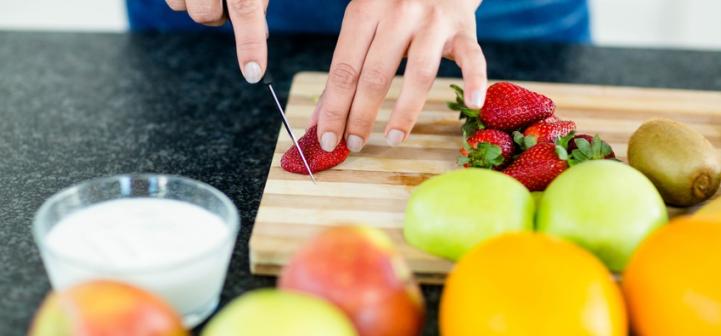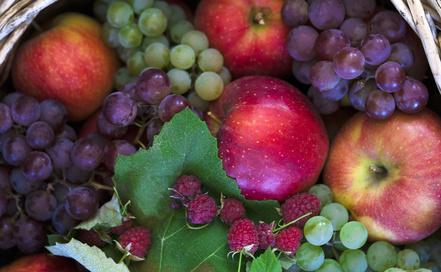
Let’s throw a party! Parents, students and teachers usually welcome a break from the school routine to recognize birthdays, special achievements, cultural events, or holidays. Because of concern over student allergies and food safety, as well as overloading students with treats, many schools now have guidelines about celebrations and bringing food into the classroom.
What are the best steps to take as a busy parent to help celebrate your child and respect school guidelines? Read below for some key questions to ask the teacher or principal when planning a school celebration.
- Can I bring in outside food for a celebration? Many schools have policies that do not allow outside food in the classroom. Others may allow outside food if it has been bought at a store and is packaged; and some schools may require food to be individually wrapped. These rules have to do with food safety guidelines. As delicious as your homemade cookies are, the school cannot guarantee that all parent chefs follow the strict food safety standards required for student consumption.
- Do any students in the class have allergies to certain foods? Whether you are preparing or purchasing food for the celebration, you’ll want to make sure that all students can enjoy the food you’ve brought to share. Common allergens include nuts, dairy, and wheat. Fresh fruit is something almost everyone can enjoy—it’s the perfect celebration food! Ask the teacher for a list of student allergies so you can make sure your food is safe for all. Read more about managing food allergies in schools here.
- What should I bring for a class celebration? So many children…so many parties! These happy occasions are filled with our favorite “sometimes foods” like cupcakes, ice cream, cookies, and candy. Most teachers and principals agree that these traditional sweet treats are not the healthiest items for students to eat during the school day. Celebration foods more appropriate for the classroom include whole or sliced fresh fruit like apples, bananas, or grapes; bagged popcorn; and trail mix with dried fruit. Always check your ingredients list to make sure your food is celebration-safe for all students in the class.
- When can I bring the food for the celebration? Your teacher will appreciate the courtesy of you asking when you can bring in the celebration snack—timing is important in maintaining the classroom climate. Also, because of the number of students and birthdays in any given week, the teacher may group celebrations together to preserve class time, and moderate treat intake, while allowing enough time for celebrating.
- Does the school have a way to store your food at the right temperature? Proper food storage is a very important food safety measure—harmful bacteria grows quickly in foods that are not stored correctly. You may need to bring items in a cooler, or make sure there is room in the staff lounge refrigerator to store your food until celebration time. Or, bring food that doesn’t require refrigeration—like fresh whole fruit!
- Do the students have a way to wash their hands? Donate hand soap and hand sanitizer with your celebration food so that all students can clean their hands prior to enjoying your snack. If the food is to be served, donate serving utensils, plates, and napkins as well.
- If I can’t bring food, what else can I bring to celebrate? If celebration snacks are not permitted at your school, or if you are looking for a new way to celebrate, consider these creative ways to mark the occasion: donate a book to the classroom or school library; give a “gift” to the class pet; volunteer as a classroom helper and go to school with your child for a few hours; or donate seed packets or an easy-care plant for the class to maintain.
The next time you are thinking about a school celebration, ask these questions first to make sure your child and all the students can participate safely. Now let’s party!
This is part of a series of articles and tip sheets oh Healthy Classroom Celebrations. Read more here!
Contributors
Elizabeth Shephard, University of Florida Institute of Food and Agricultural Sciences
Joi Vogin, MS, CNS, LDN, University of Maryland Extension
